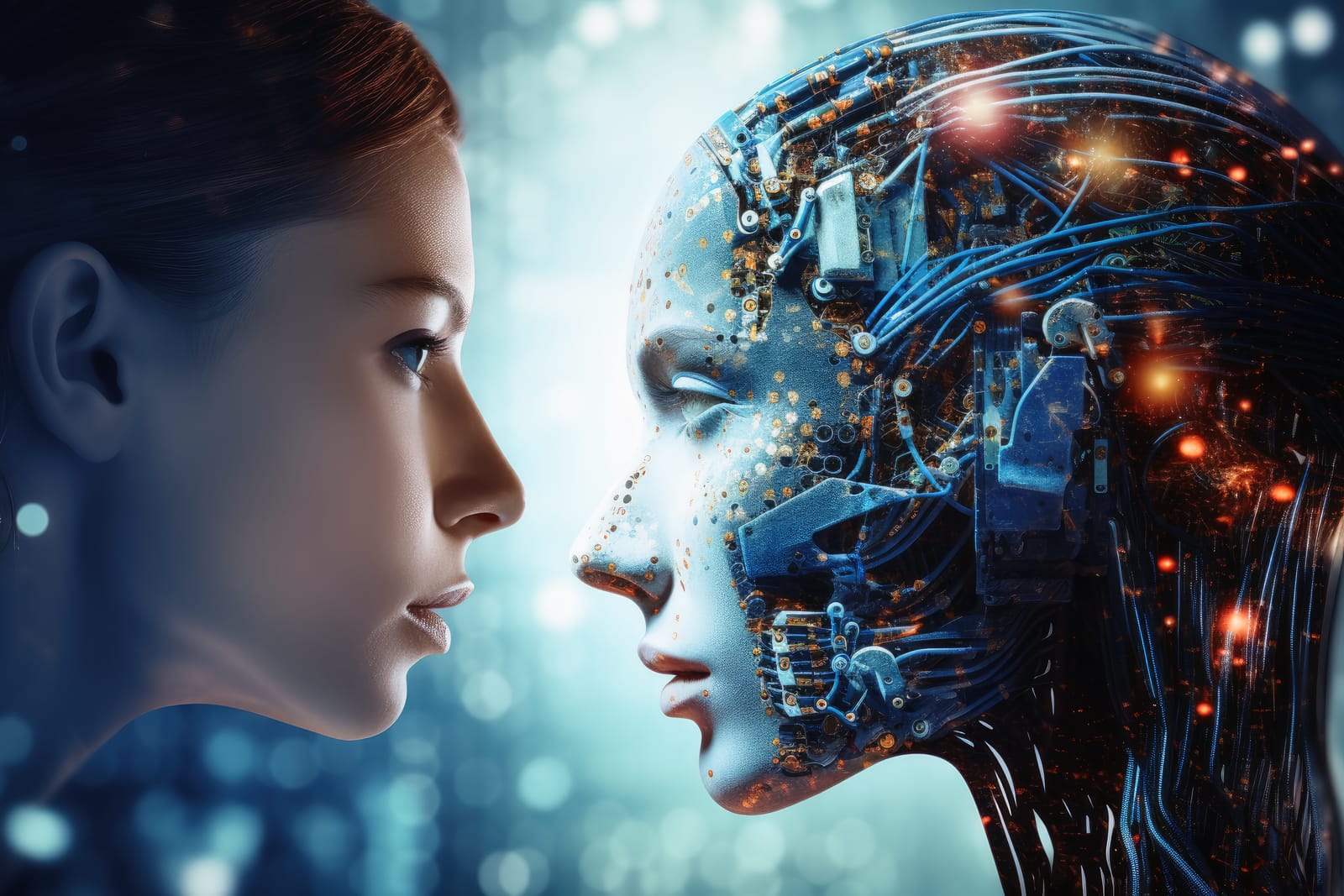The line between a digital assistant and a digital companion is beginning to blur. With stunningly realistic new voice modes in assistants like ChatGPT and the rise of character-driven AI chatbots, we are entering a new era where artificial intelligence is designed not just to answer our questions, but to be our friend, our confidant, and our partner. This technological leap forward is as profound as it is controversial, forcing us to ask: are we truly ready for AI companionship?
The Allure: The Promise of Perfect Understanding
The appeal of an AI companion is undeniable. It offers the promise of a relationship without the complexities of human interaction: a friend who is available 24/7, has a perfect memory of every conversation, and is programmed to be endlessly patient, supportive, and non-judgmental. For individuals experiencing loneliness or social anxiety, the prospect of having a companion who is always there to listen can be incredibly powerful and comforting.
The Technology: How It Works
This new wave of companionship is powered by several converging technologies. Large language models provide the ability to have fluid, context-aware conversations. Advanced text-to-speech engines create natural, emotionally expressive voices. And personality frameworks allow developers to craft AIs with specific traits, backstories, and conversational styles, making them feel less like a machine and more like a unique individual.
The Pitfalls: The Uncharted Territory of AI Relationships
While the potential benefits are clear, this new frontier brings with it significant ethical and psychological questions that we are only just beginning to grapple with.
- Emotional Dependence: Is it healthy to form a primary emotional bond with an entity that cannot truly feel or reciprocate emotion? Critics worry about the potential for unhealthy dependence and the erosion of real-world social skills.
- Privacy and Data: To be a good companion, an AI needs to know everything about you. This creates a treasure trove of your most intimate data—your hopes, fears, and daily routines. The security and privacy of this deeply personal information is a paramount concern.
- Manipulation and Bias: An AI companion is a product, designed by a corporation. There are risks that its responses could be subtly programmed to influence a user’s opinions, purchasing decisions, or even emotional state, all while appearing to be a trusted friend.
Conclusion: Navigating Our Digital Future
AI companions are no longer science fiction. They are here, and their capabilities will only grow more sophisticated. They offer a powerful solution to the age-old problem of loneliness, but they also present a complex new set of challenges. As a society, we are at the very beginning of a conversation about how to navigate this new form of relationship, establishing ethical guidelines and ensuring that these new digital friends truly enrich, rather than detract from, our human experience.

